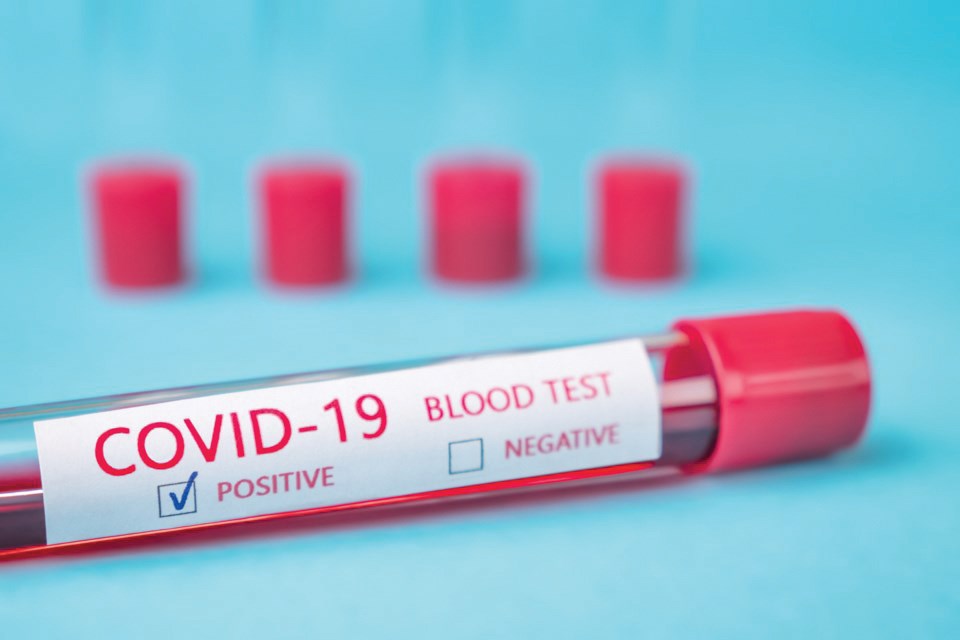As we head into the second year of the pandemic, it is worth noting all of us likely have different moments that told us that this COVID-19 “thing” was real and not some kind of passing episode.
I’m sure the seriousness of the pandemic hit home for some when public schools were closed. For others, the suddenly empty offices as everyone began working from home magnified the situation.
Or perhaps it was when stores began to close and travel restrictions took hold. And, obviously, those who actually contracted the virus and became ill enough to be hospitalized or knew loved ones who died from it had different experiences than others.
Since there was no single event that crystallized what was happening in clear terms, we have all had to define the pandemic’s beginning in our own ways. Even the World Health Organization’s declaration on March 11, 2020 that we were officially in a pandemic did not, on its own, immediately change lives.
In other words, there were no images of planes slamming into office towers or footage of political leaders being assassinated that instantly told us what was going on.
For me, the moment that really made me realize we were descending into an increasingly dire situation occurred when B.C. Health Minister Adrian Dix phoned me.
“Everything I’ve worked for is about to disappear,” he said, referring to the shortened surgical wait times and greater number of MRI procedures that occurred on his watch. “We are cancelling all essential surgeries and we’re getting ready to potentially empty many hospital beds.”
I was almost dumbstruck at the gravity of the situation. Thankfully, the worst fears – that the virus would indeed overwhelm our hospital system – were not realized, but they seemed extraordinarily dire at the time.
Later that day, I wrote a memo to my Global BC editors telling them to drop everything and jump on the COVID-19 train with all hands on deck.
“This is the story of our lives and it will go on for a least a year, probably two and maybe even three or longer,” I told them. “We will be covering this thing in ways we never thought possible and we will doing some of the same stories over and over again.”
Unfortunately, I was proven right. Media outlets continue to cover the pandemic in an incredibly broad fashion, as the “story” has taken so many twists and turns this past year and will continue to do so for months to come.
There are so many questions: will the “variants of concern” bring a “third wave” of illness? Will the vaccines prove to be effective against them? Will enough of us be vaccinated in a timely fashion?
Still, public health officials say there is light at the end of that proverbial tunnel. Things certainly look much more optimistic than they did just a few months ago.
The pandemic will no doubt continue for some time yet. However, unlike its beginning -- which looked different to different people – perhaps its eventual end will be much easier to spot.
Keith Baldrey is chief political reporter for Global BC.



